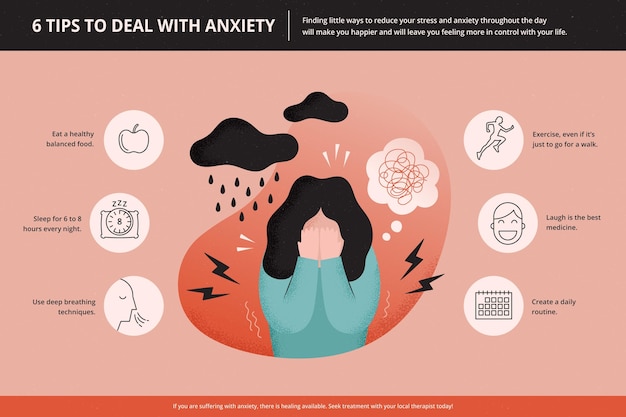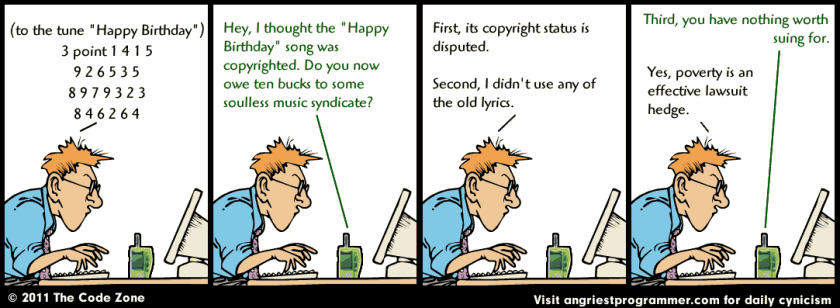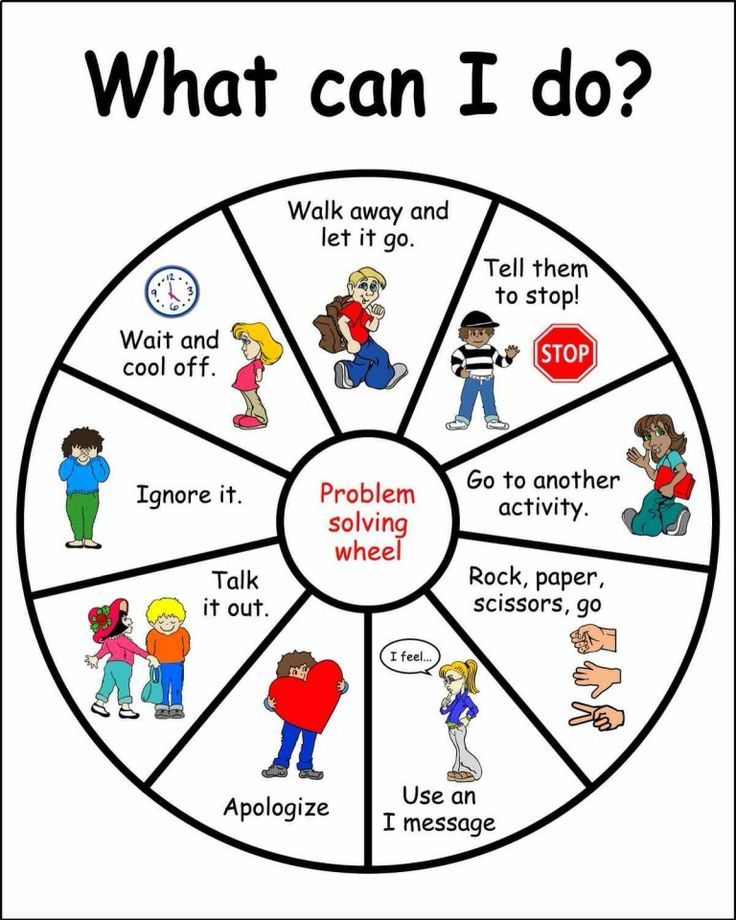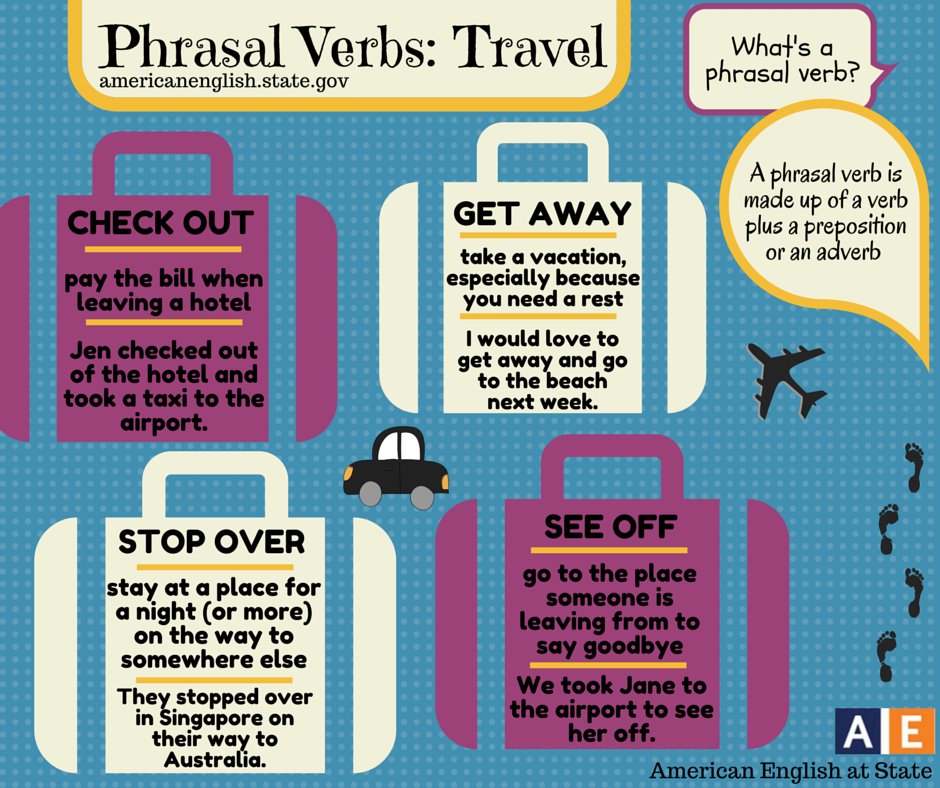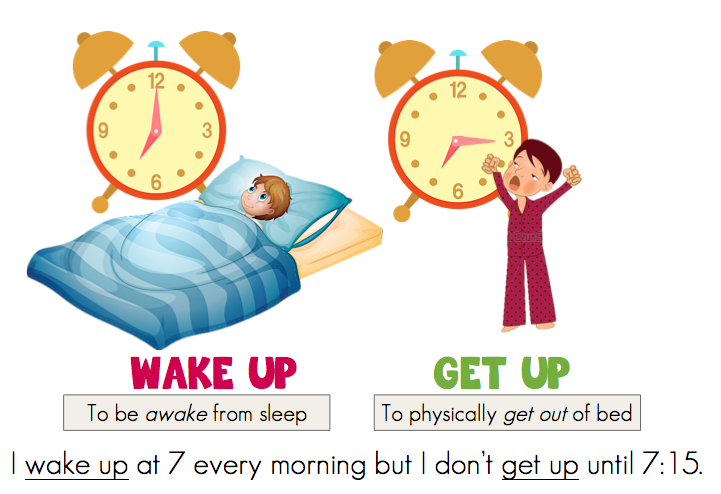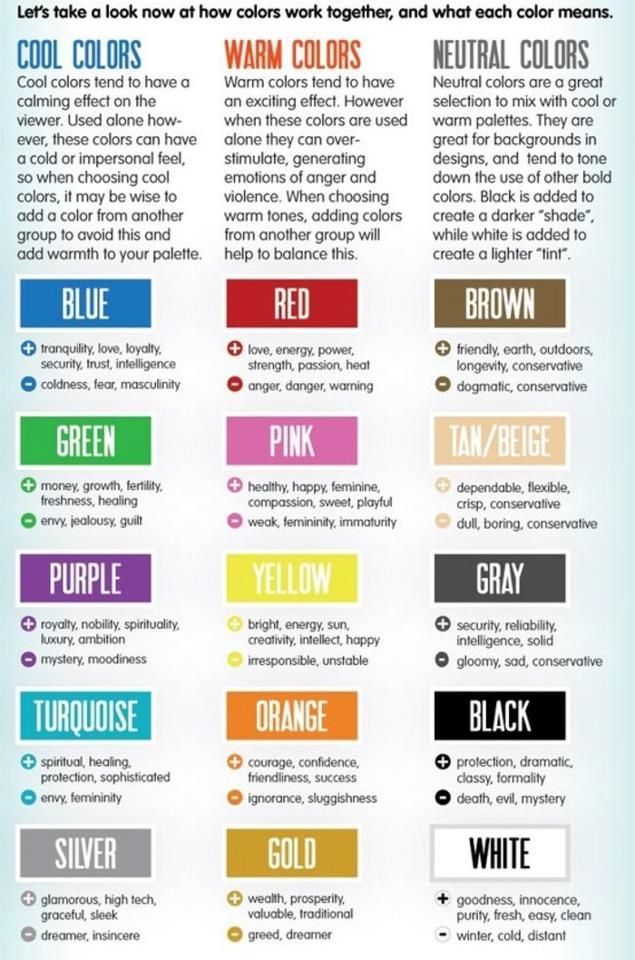Does social media cause anxiety
Anxiety, loneliness and Fear of Missing Out: The impact of social media on young people’s mental health
Body
By Rhys Edmonds
The rapid growth of social media over the last decade has established an entirely new medium for human interaction. Online platforms such as Facebook, Twitter and Instagram have allowed people in every corner of the world to be connected 24/7. By 2021, it is forecast that there will be around 3 billion active monthly users of social media. From the statistics alone, it’s clear that social media has become an integral (and to a large extent, unavoidable) part of our lives.
One implication of social media’s rapid rise, that of its relationship with young people’s mental health, has gathered a significant amount of attention in recent years. Research has created a wide evidence-base supporting an association between social media use and mental health, and although still emerging, new evidence has painted a broad picture of the main impacts.
The popularity of social media as a medium of communication for young people needs to be carefully examined, as it may indeed come to play a more detrimental role than we might have thought.
From the statistics alone, it’s clear that social media has become an integral (and to a large extent, unavoidable) part of our lives
So-called ‘social media addiction’ has been referred to by a wide variety of studies and experiments. It is thought that addiction to social media affects around 5% of young people, and was recently described as potentially more addictive than alcohol and cigarettes. Its ‘addictive’ nature owes to the degree of compulsivity with which it is used. The ‘urge’ to check one’s social media may be linked to both instant gratification (the need to experience fast, short term pleasure) and dopamine production (the chemical in the brain associated with reward and pleasure). The desire for a ‘hit’ of dopamine, coupled with a failure to gain instant gratification, may prompt users to perpetually refresh their social media feeds.
What is dangerous about this compulsive use is that, if gratification is not experienced, users may internalise beliefs that this is due to being ‘unpopular’, ‘unfunny’ etc. A lack of ‘likes’ on a status update may cause negative self-reflection, prompting continual ‘refreshing’ of the page in the hope of seeing that another person has ‘enjoyed’ the post, thus helping to achieve personal validation. Although these perceptions may not actually reflect one’s image in the eyes of others, the absence of gratification may amplify feelings of anxiety and loneliness. A recent study conducted by the OECD, for instance, found that those who used social media more intensively on average had lower life satisfaction.
The desire for a ‘hit’ of dopamine, coupled with a failure to gain instant gratification, may prompt users to perpetually refresh their social media feeds.
Associated with this desire for instant gratification is the negative impact that these platforms can have on sleep and sleep quality. Data from qualitative studies has shown that using social media compulsively can damage sleeping patterns, having an adverse effect on young people’s performance in school. The University of Glasgow found that young people found it difficult to relax following night time social media use, reducing their brain’s ability to prepare for sleep. Sleep loss works in a vicious cycle of reinforcement with mental health; that is, that loss of sleep due to night time social media use can lead to poorer mental health, and poor mental health can lead to intense night time use and sleep loss.
Data from qualitative studies has shown that using social media compulsively can damage sleeping patterns, having an adverse effect on young people’s performance in school. The University of Glasgow found that young people found it difficult to relax following night time social media use, reducing their brain’s ability to prepare for sleep. Sleep loss works in a vicious cycle of reinforcement with mental health; that is, that loss of sleep due to night time social media use can lead to poorer mental health, and poor mental health can lead to intense night time use and sleep loss.
Social media can also heighten anxiety by increasing users’ ability to keep up to date with the activities of their social circles. The popular concept of Fear of Missing Out (FOMO) refers to ‘a pervasive apprehension that others might be having rewarding experiences from which one is absent’ and is ‘characterised by the desire to stay continually connected with what others are doing’. FOMO has been linked to intensive social media use and is associated with lower mood and life satisfaction. We have become more aware of what we are missing out on, for example, seeing photos of friends having a good time together in one’s absence. ‘Always on’ communication technology can cause feelings of anxiety, loneliness and inadequacy through highlighting these activities, compelling users to stay continually engaged and up to date due to fear of not being involved. Humans are social beings who desire group interaction, therefore perceived exclusion can have damaging psychological impacts. Indeed, studies from the USA have found a robust association between intense social media use, fear of missing out and both depression and anxiety.
We have become more aware of what we are missing out on, for example, seeing photos of friends having a good time together in one’s absence. ‘Always on’ communication technology can cause feelings of anxiety, loneliness and inadequacy through highlighting these activities, compelling users to stay continually engaged and up to date due to fear of not being involved. Humans are social beings who desire group interaction, therefore perceived exclusion can have damaging psychological impacts. Indeed, studies from the USA have found a robust association between intense social media use, fear of missing out and both depression and anxiety.
Fear of Missing Out has been linked to intensive social media use and is associated with lower mood and life satisfaction
From another angle, online platforms may also have the potential to damage mental wellbeing through promoting unreasonable expectations. Social media has been linked to poor self-esteem and self-image through the advent of image manipulation on photo sharing platforms. In particular, the notion of the ‘idealised body image’ has arguably been detrimental to self-esteem and image, especially that of young women. The 24/7 circulation of easily viewable manipulated images promotes and entrenches unrealistic expectations of how young people should look and behave. When these expectations are inevitably not met, the impact on self-esteem can be damaging, to the disturbing extent that the Royal Society of Public Health recently found 9 in 10 young females say that they are unhappy with the way they look.
In particular, the notion of the ‘idealised body image’ has arguably been detrimental to self-esteem and image, especially that of young women. The 24/7 circulation of easily viewable manipulated images promotes and entrenches unrealistic expectations of how young people should look and behave. When these expectations are inevitably not met, the impact on self-esteem can be damaging, to the disturbing extent that the Royal Society of Public Health recently found 9 in 10 young females say that they are unhappy with the way they look.
The rise of social media has been a fundamentally multifaceted phenomenon, the statistics suggesting that it will come to play an increasingly dominant role in our lives. The evidence suggests that social media use is strongly associated with anxiety, loneliness and depression. Whether it is causal or just a correlation will need to be further examined by researchers, mental health policy stakeholders and the social media industry. In the meantime, we must think very carefully about how we can manage its impact on mental health, for instance, through integrating social media 'lessons' into subjects in school, the use of behavioural economics and increased signposting efforts by social media firms.
Learn more about the evidence on social media: download our free briefing
Topic
Young people
We're dedicated to eradicating mental health inequalities. But we can't do it without your support.
Please take this journey with us - donate today.
Donate now
Here’s How Social Media Affects Your Mental Health
The social media platform Instagram made headlines last year for suppressing likes in an effort to curb the comparisons and hurt feelings associated with attaching popularity to sharing content. But do these efforts combat mental health issues, or are they simply applying a band-aid to a wound?
It’s a small step in the right direction, says Jacqueline Sperling, PhD, a psychologist at McLean Hospital who works with youth who experience anxiety disorders, about Instagram’s recent restriction. “Even if you remove the likes, there continue to be opportunities for comparisons and feedback. People still can compare themselves to others, and people still can post comments.”
People still can compare themselves to others, and people still can post comments.”
Keep Reading To Learn
- Why we keep going back to social media
- The impact of social media on our mental health
- Tips for healthy social media use in adults and teens
The Risks for the Reward
Social media has a reinforcing nature. Using it activates the brain’s reward center by releasing dopamine, a “feel-good chemical” linked to pleasurable activities such as sex, food, and social interaction. The platforms are designed to be addictive and are associated with anxiety, depression, and even physical ailments.
According to the Pew Research Center, 69% of adults and 81% of teens in the U.S. use social media. This puts a large amount of the population at an increased risk of feeling anxious, depressed, or ill over their social media use.
But what makes users come back for more even when it can literally make them feel sick?
“When the outcome is unpredictable, the behavior is more likely to repeat.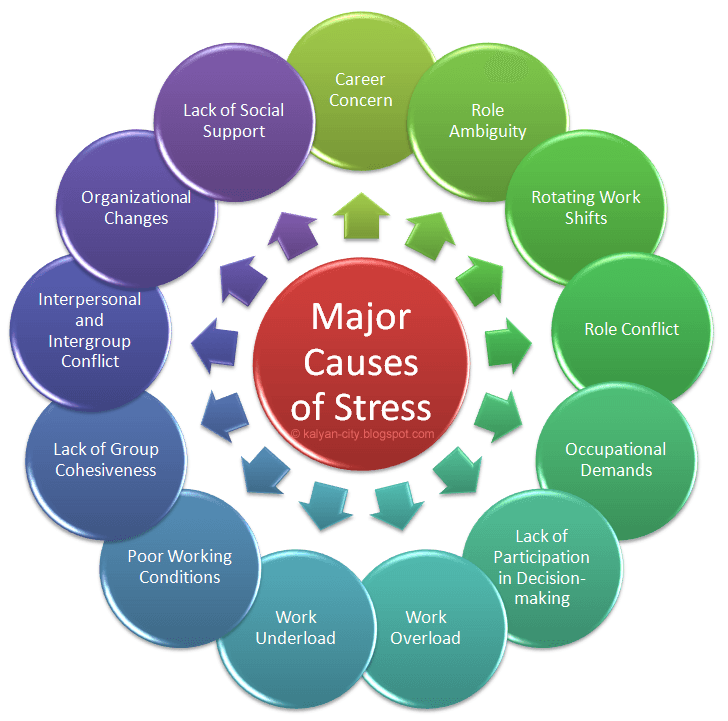 Think of a slot machine: if game players knew they never were going to get money by playing the game, then they never would play,” Sperling says.
Think of a slot machine: if game players knew they never were going to get money by playing the game, then they never would play,” Sperling says.
“The idea of a potential future reward keeps the machines in use. The same goes for social media sites. One does not know how many likes a picture will get, who will ‘like’ the picture, and when the picture will receive likes. The unknown outcome and the possibility of a desired outcome can keep users engaged with the sites.”
Watch Now!
Dr. Lisa Coyne talks to us about the link between social media and mental healthTo boost self-esteem and feel a sense of belonging in their social circles, people post content with the hope of receiving positive feedback.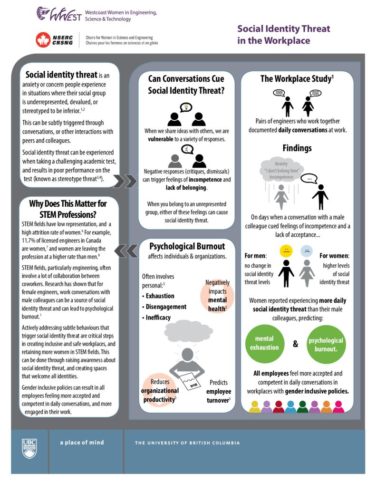 Couple that content with the structure of potential future reward, and you get a recipe for constantly checking platforms.
Couple that content with the structure of potential future reward, and you get a recipe for constantly checking platforms.
When reviewing others’ social activity, people tend to make comparisons such as, “Did I get as many likes as someone else?,” or “Why didn’t this person like my post, but this other person did?” They’re searching for validation on the internet that serves as a replacement for meaningful connection they might otherwise make in real life.
FOMO—fear of missing out—also plays a role. If everyone else is using social media sites, and if someone doesn’t join in, there’s concern that they’ll miss jokes, connections, or invitations. Missing experiences can create anxiety and depression. When people look online and see they’re excluded from an activity, it can affect thoughts and feelings, and can affect them physically.
A 2018 British study tied social media use to decreased, disrupted, and delayed sleep, which is associated with depression, memory loss, and poor academic performance.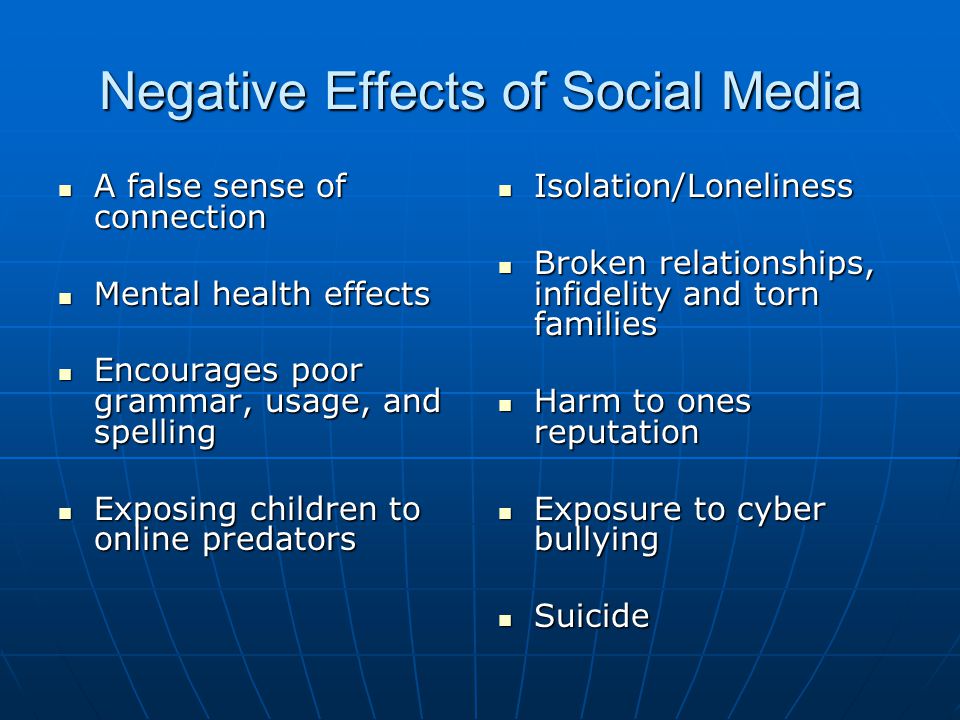 Social media use can affect users’ physical health even more directly. Researchers know the connection between the mind and the gut can turn anxiety and depression into nausea, headaches, muscle tension, and tremors.
Social media use can affect users’ physical health even more directly. Researchers know the connection between the mind and the gut can turn anxiety and depression into nausea, headaches, muscle tension, and tremors.
Is It Time To Power Down?
Are you spending too much time on your devices? Is your social media feed stressing you out? Learn how to spot the signs of screen fatigue and digital burnout.
Fight Digital Burnout
The Digital Age of Vulnerability
The earlier teens start using social media, the greater impact the platforms have on mental health. This is especially true for females. While teen males tend to express aggression physically, females do so relationally by excluding others and sharing hurtful comments. Social media increases the opportunity for such harmful interactions.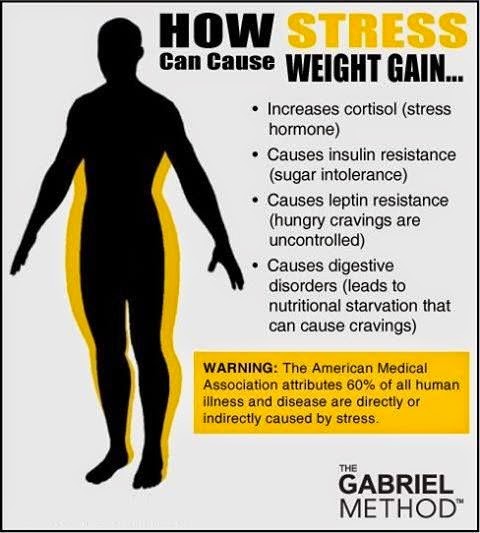
Sperling offers the example of a seventh grader whose best friend chooses a new best friend and posts pictures of the pair at the movies or on a weekend trip. “Twenty years ago, the girl may have been excluded from her best friend’s activities, but she may not have known about it unless she was told explicitly,” Sperling says.
In addition to providing young people with a window through which they can view missed experiences, social media puts a distorted lens on appearances and reality. Facebook, Instagram, and Snapchat increase the likelihood of seeing unrealistic, filtered photos at a time when teen bodies are changing.
In the past, teens read magazines that contained altered photos of models. Now, these images are one thumb-scroll away at any given time. Apps that provide the user with airbrushing, teeth whitening, and more filters are easy to find and easier to use. It’s not only celebrities who look perfect—it’s everyone.
When there’s a filter applied to the digital world, it can be hard for teens to tell what’s real and what isn’t, which comes at a difficult time for them physically and emotionally.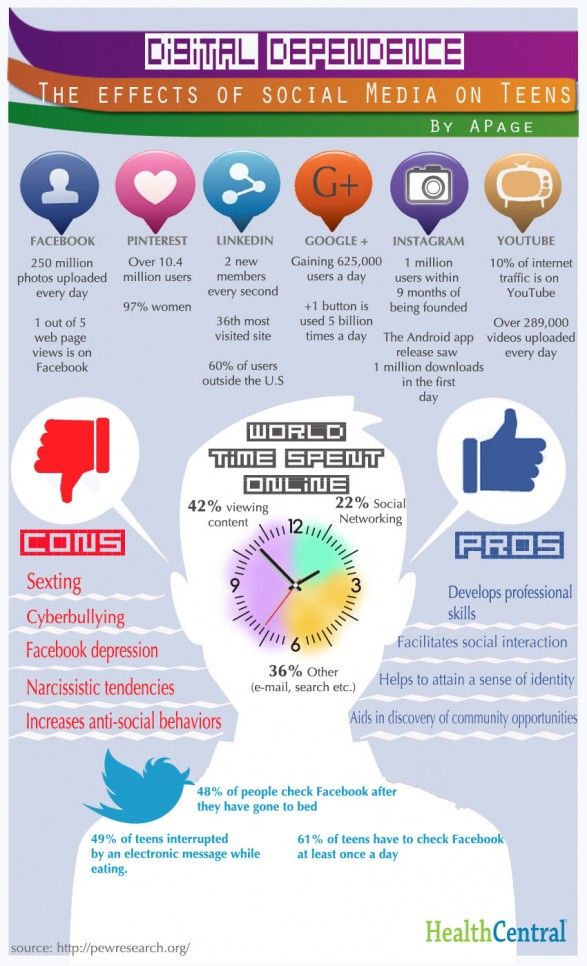
“Middle school already is challenging for students with all of their developmental changes. As they go through puberty, they’re tasked with establishing their identity at a time when the frontal lobes in their brains are not fully developed, and there is a lack of impulse control. All of this happens while their relationships with peers become more important,” Sperling says.
“It’s a very vulnerable population to have access to something where there is no stopgap before they post or press the send button. I think that’s something of which to be mindful.”
Adults are vulnerable, too. In recent years, plastic surgeons have seen an uptick in requests from patients who want to look like their filtered Snapchat and Instagram photos. A New York Times article that ran in June 2018 features a newlywed couple who nearly separated after their honeymoon. The reason: the wife spent more time on the trip planning and posting selfies than she spent with her husband.
Mental Health Screening
Online screening is one of the quickest and easiest ways to determine whether you are experiencing symptoms of mental illness.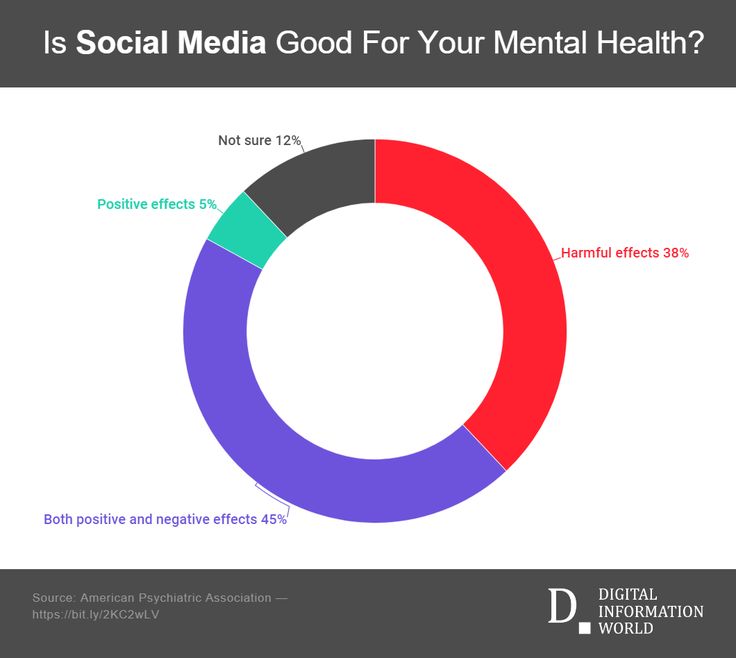
Online Screening
How Can the Platforms Change?
Sperling acknowledges social platforms have positive aspects, such as their ability to allow people to stay in touch with family and friends around the world.
She realizes the potential pitfalls of completely banning teens from sites that have become a part of life for their generation—not just as a way for them to stay on top of recent parties and conversations but often as an expected source of announcements and news.
Still, she says, the platforms have opened a “Pandora’s box” as they continue to evolve more quickly than we can research their impact.
“I think we need to take a step back and look at the role technology is playing in our society as a whole, in terms of people needing instant gratification, staying home and not interacting in the community by going to local stores or to the movie theater,” she says.
“Even dating apps can decrease motivation for single adults to approach others in the community if they think they just can connect with them on an app first.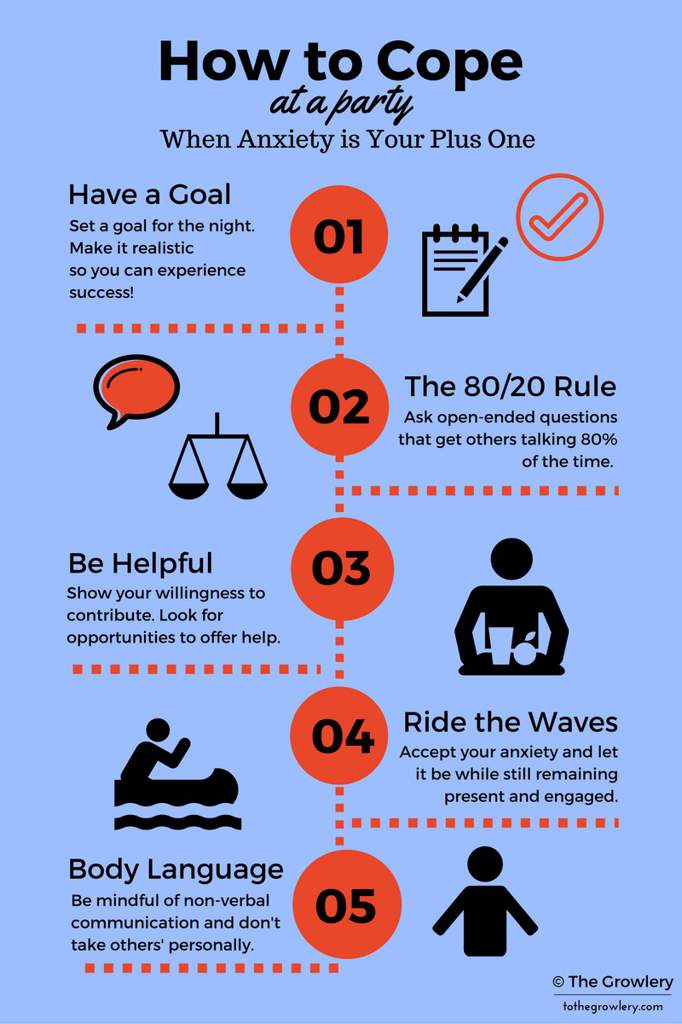 ”
”
In addition to limiting likes, as Instagram has done, Sperling suggests social platforms consider decreasing mass sharing altogether. They might function more as messaging services by highlighting one-on-one communications. Regardless of how likely social media giants are to change their ways, though, individuals can take control of their own behavior.
Self-Care Is Important
McLean develops free and reliable mental health resources for the public and professionals to promote healthy individuals and communities.
Sign Up Now!
Distract Yourself From the Distraction
People aren’t usually motivated to change their social media use by simply hearing it’s bad for them. It’s better for individuals to see what their limits are. It’s probably unrealistic for most social media users to quit completely.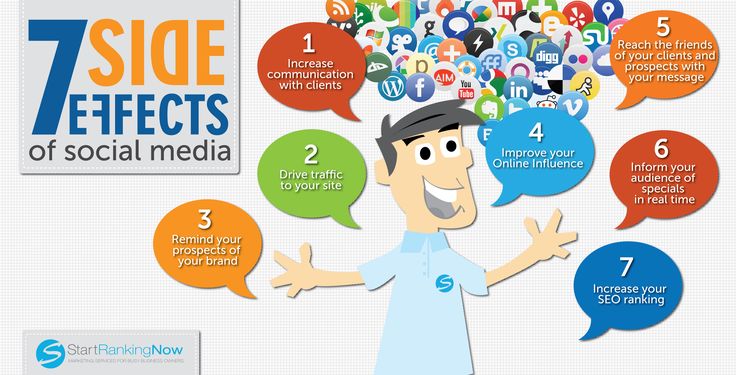 However, they can monitor their behavior to see how their use impacts them, and how to act as a result.
However, they can monitor their behavior to see how their use impacts them, and how to act as a result.
Michelle knows this all too well. When she was initially treated for anxiety, her therapist asked her if she was active on social media, and she said yes. “It turns out that a lot of my anxiety and impostor syndrome is made worse when I’m online.”
A person experiences impostor syndrome when feeling chronic self-doubt and a sense of being exposed as ‘a fraud’ in terms of success and intellect. “Whether it’s another pretty vacation or someone’s bouquet of flowers, my mind went from ‘Why not me?’ to ‘I don’t deserve those things, and I don’t know why,’ and it made me feel awful.”
She and her therapist decided to set ground rules. “If I was to continue using social media, I had to learn what would trigger my anxiety and how using different platforms made me feel,” says Michelle. The result was her deleting Snapchat for good, and after 5 years, she still doesn’t miss it.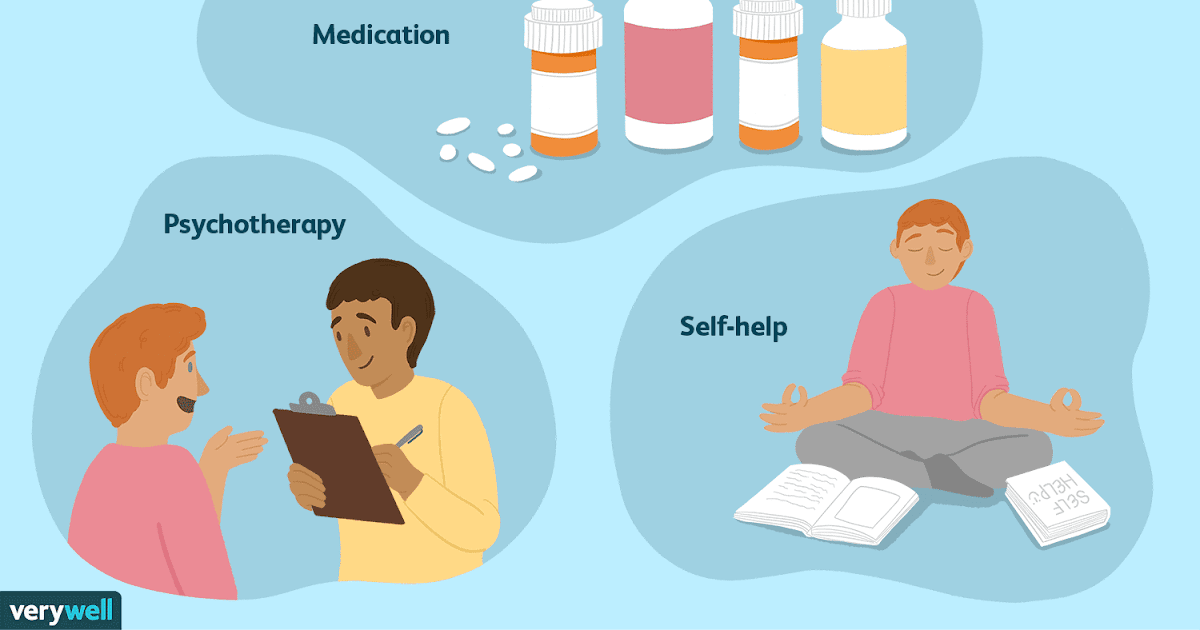 She’s still active on several other platforms, though.
She’s still active on several other platforms, though.
Sperling encourages people to conduct their own behavior experiments by rating their emotions on a scale of 0-10, with 10 being the most intensely one could experience an emotion, before and after using social media sites at the same time each day for a week.
If one notices that one feels less happy after using them, then one might consider changing how one uses social media sites, such as using them for less time and doing other activities that one enjoys instead.
Social media usage can have both benefits and detriments, so it’s important to be aware of how it affects youA 2018 University of Pennsylvania study suggests that such self-monitoring can change one’s perception of social media.
The study’s researchers looked at 143 undergraduates randomly assigned to two groups. The first set was asked to limit Facebook, Instagram, and Snapchat to ten minutes per platform per day, while the second was asked to continue to use their social media as usual for three weeks.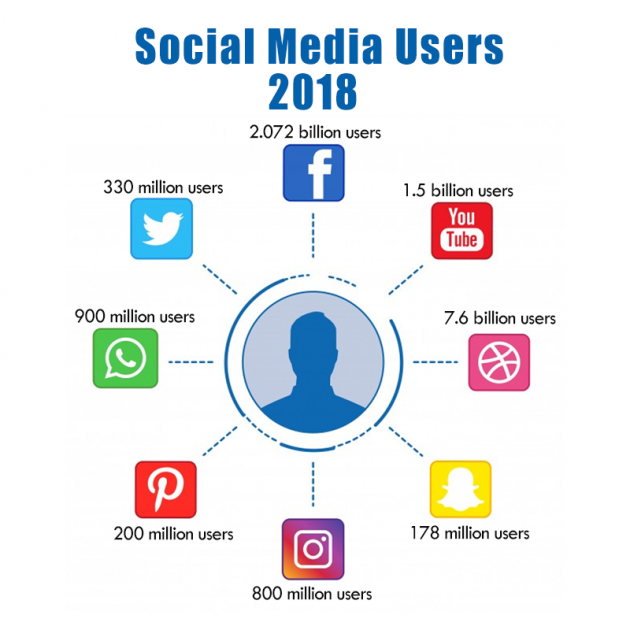
The limited group showed significant reductions in loneliness and depression during those three weeks over the group that continued using social media.
Both groups showed significant decreases in anxiety and fear of missing out compared to where they were at the study’s beginning.
“I’d love to say that my use is totally healthy, but I find that I’m still comparing myself to others,” Michelle says. “Now I can recognize what’s going to help or hurt my mental well-being. My therapist and I agreed that I’d set limits on my app usage to two hours a day across all platforms. Now I know when it’s time to log off and take care of myself.”
Set a Good Example
Parents can develop a plan of how much time family members will spend on devices. Strategies like these teach kids healthy media use and good sleep hygiene.
When teens start using social media, parents can ask them to turn in their phones at night with the understanding that parents can review posts and messages.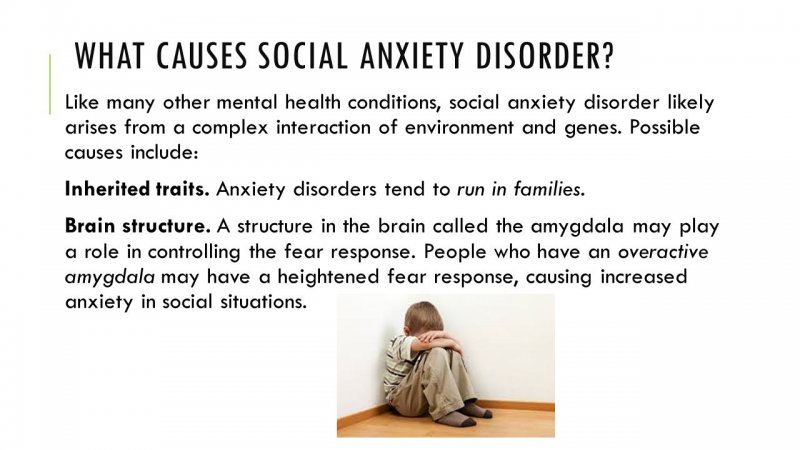 This helps parents be in the know, as sometimes young people will share struggles online while parents have no idea.
This helps parents be in the know, as sometimes young people will share struggles online while parents have no idea.
Monitoring also encourages teens to remember that everything they share online is a permanent fingerprint. If they don’t want their parents to see it, then it shouldn’t be posted.
Sperling suggests that some families modify the ways they use social media. Try a “no selfie” policy or a rule that kids can post pictures of tangible objects but no photos of themselves. This way, children can share their experiences without emphasizing a focus on their appearance.
A common argument is when children say they are missing out because of restrictions placed on their phone use—that they aren’t allowed on a platform or can’t be online after a certain time.
“Parents’ frequency of electronics use can set the tone for what is permissible to their children. If you want your children to put their phones down at dinner, that will be more likely to happen if you do the same.”– Dr. Jacqueline Sperling
Sperling tells parents to remind kids that a good friend would find a way to spend time with them. She suggests other ways for kids to talk to one another to keep those feelings of FOMO away and be socially present.
“If adolescents know that they cannot use their phone after a certain time or are not allowed to access a site that their friends use, then they can ask their friends to let them know of any plans made when they see each other at school or call the house phone or one of the parent’s phones so that they can remain included.”
Of course, Sperling says, the way parents are using social media is the model for their kids. A University of Texas review of research on parents’ use of mobile devices while interacting with their children found that mobile use contributed to distracted parenting, an increase of bids for attention when the parents were distracted, and conflicts with other caregivers.
“Parents’ frequency of electronics use can set the tone for what is permissible to their children,” Sperling says.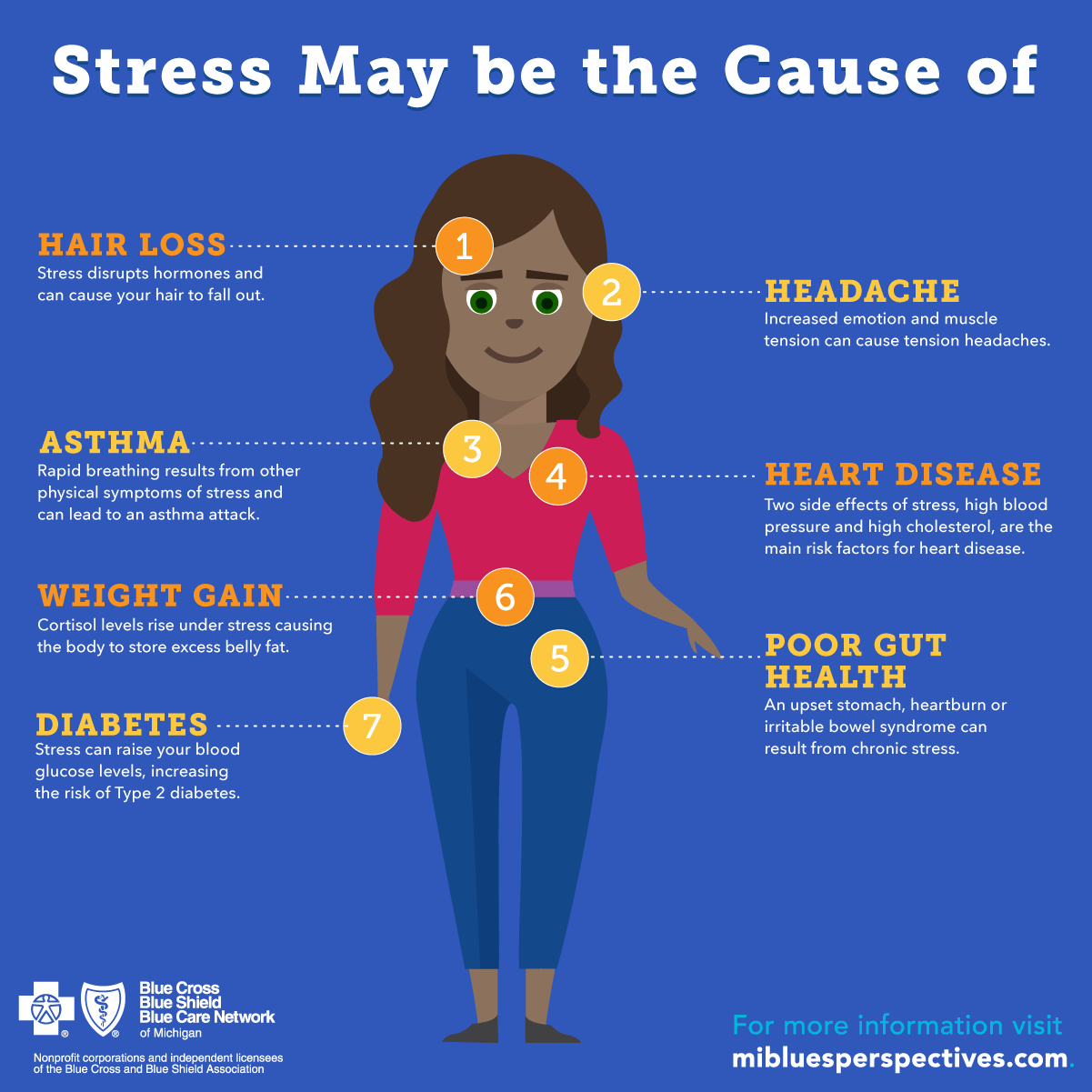 “If you want your children to put their phones down at dinner, that will be more likely to happen if you do the same.”
“If you want your children to put their phones down at dinner, that will be more likely to happen if you do the same.”
Topics
- Anxiety
- Mood Disorders
- Jacqueline Sperling
Anxiety avoidance and social networks
In this short article we will talk with you about the ways in which a modern person avoids his full participation in life , with its difficulties and joys, replacing the fullness of life with a surrogate existence, whether it is a virtual life on the Internet -space, or unsuccessful compromises in the choice of profession, personal life, etc.
The famous French philosopher Jean-P. Sartre said: "Man is a choice" . The personality of a person is manifested in those life choices that he makes. Even more, the personality not only manifests itself, but grows and develops precisely at the moments of making and implementing vital decisions.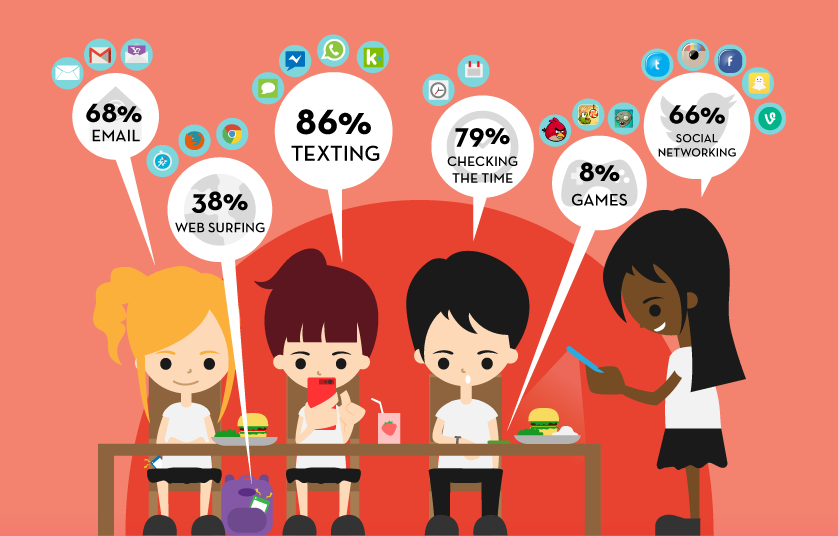 That is, what you choose in your life, which way you go, what you do, how and with whom you spend time, depends on who you eventually become .
That is, what you choose in your life, which way you go, what you do, how and with whom you spend time, depends on who you eventually become .
Anxiety avoidance
Often the encounter with some new situations in life causes a feeling of anxiety in a person. Usually anxiety is experienced as something clouding the eye, as a premonition of a catastrophe , with vivid bodily manifestations (pressure and tension in the abdomen, muscle stiffness, dizziness, nausea, etc.).
Anxiety can also occur in situations of uncertainty when a person does not know what to expect. In such cases, fantasy can play out very violently, and the person begins to imagine a very terrible outcome of the situation, or simply foresee something bad (generally speaking, fantasy plays an important role in the matter of increasing anxiety ).
It is very important to understand that anxiety is closely related to the desires of a person .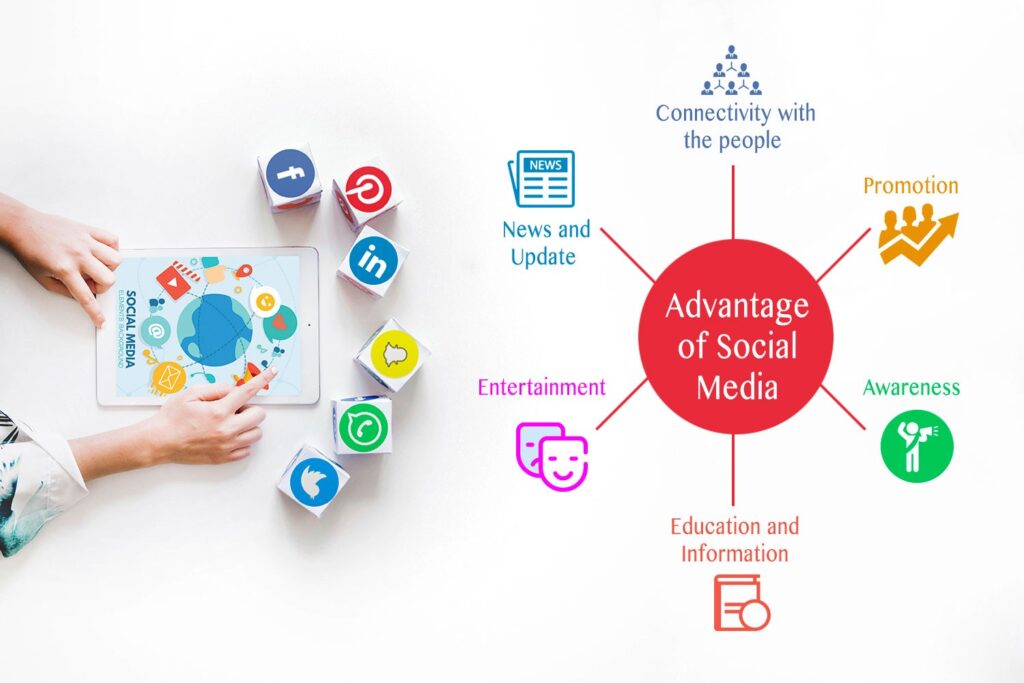 Often, she tells us what we really want, but at the same time we are very afraid of. For example, a young man and a girl may crave to experience intimacy with each other, and this desire, in turn, may be accompanied by intense anxiety, up to a sense of mortal threat just before the very moment of rapprochement. The theme of love and intimacy is, of course, a separate issue. As the famous American psychologist R. May wrote in his wonderful book “Love and Will”, love and death go hand in hand. Every person who experiences strong feelings also experiences the fear of death at the moment of intimacy with a partner.
Often, she tells us what we really want, but at the same time we are very afraid of. For example, a young man and a girl may crave to experience intimacy with each other, and this desire, in turn, may be accompanied by intense anxiety, up to a sense of mortal threat just before the very moment of rapprochement. The theme of love and intimacy is, of course, a separate issue. As the famous American psychologist R. May wrote in his wonderful book “Love and Will”, love and death go hand in hand. Every person who experiences strong feelings also experiences the fear of death at the moment of intimacy with a partner.
Returning to the topic of anxiety and life choices, it is important to note that life sets certain tasks for each of us . For example, the task is to get a decent education; build a family decide on a vocation and find your own business; build your life, independent of parents; build close relationships with friends; raise children, etc. The list of tasks can be continued, but something else is important here. If a person successfully solves all these tasks , then he begins to feel in himself the growing strength of , and his life becomes fuller, there is a sense of the meaningful existence of , despite all sorts of hardships. And if a person tries to avoid solving the tasks facing him, then it is likely that the feeling of anxiety will gradually increase , signaling that "something is going wrong." The following behavior can aggravate the situation - instead of succumbing to anxiety, hearing it, and changing something, a person, on the contrary, tries to avoid it run away by drinking, taking drugs, playing computer games, or spending time on the Internet. For a while, such activities help to reduce anxiety, but in the long term avoiding direct and open contact with anxiety only strengthens it , allowing it to grow more and more. Here a vicious circle arises, getting out of which with each episode of avoidance becomes more and more difficult.
If a person successfully solves all these tasks , then he begins to feel in himself the growing strength of , and his life becomes fuller, there is a sense of the meaningful existence of , despite all sorts of hardships. And if a person tries to avoid solving the tasks facing him, then it is likely that the feeling of anxiety will gradually increase , signaling that "something is going wrong." The following behavior can aggravate the situation - instead of succumbing to anxiety, hearing it, and changing something, a person, on the contrary, tries to avoid it run away by drinking, taking drugs, playing computer games, or spending time on the Internet. For a while, such activities help to reduce anxiety, but in the long term avoiding direct and open contact with anxiety only strengthens it , allowing it to grow more and more. Here a vicious circle arises, getting out of which with each episode of avoidance becomes more and more difficult.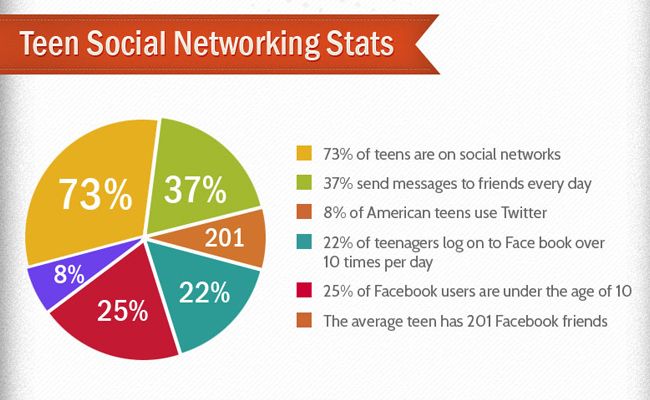
About social networks (need for communication and recognition)
People used to communicate with writers through books, now they communicate in the form of short messages on social networks. A number of modern philosophers who are trying to analyze the current situation in our society say that social networks give a person the opportunity to build his personal history , to gain greater significance of his existence in this impersonal and fragmented world. Such a hype around social networks, in an obvious way, indicates that they are far from being indifferent to a modern person.
What do social networks give to a modern person? On the one hand, social networks are a way to communicate , to be constantly in touch. And here the person realizes his need for communication . Often, however, a large amount of time spent in very specific online interactions may rather indicate that the person is not coping well with feelings of loneliness . Our culture, with its increased value of individualism, implies an increased sense of loneliness. Therefore, we all, one way or another, deal with it.
Despite the benefits of social media, which provides an opportunity to be closer to significant others, there are certain dangers lurking in them. It consists in the formation of quickly addictive . Social networks become like a drug that reduces anxiety (alcohol, for example, also reduces anxiety), creating the illusion that you have a lot of friends around you. Plus, the activity of people decreases, he stops looking for meetings with interesting people in real life. After all, the anxiety that can arise in moments of loneliness is the driving force for building new relationships, and social networks extinguish this anxiety by reducing a person’s activity.
It is also important to mention the need for recognition . One of my colleagues very subtly remarked: social networks are a kind of “rock art” of our time, allowing people to create myths about themselves .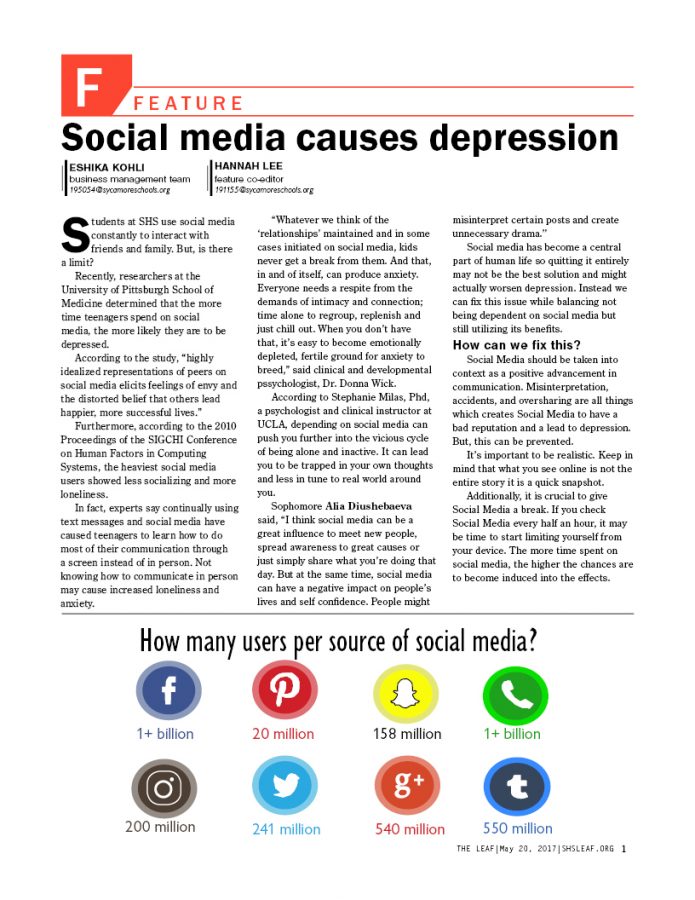 In social networks, people create myths about their lives, ideal images of what they would like to be, trying to find attention and interest in their person. All this is often necessary for a person in order to at least a little feel important and significant for others.
In social networks, people create myths about their lives, ideal images of what they would like to be, trying to find attention and interest in their person. All this is often necessary for a person in order to at least a little feel important and significant for others.
The life of modern man is permeated with a sense of his own insignificance. Human self-consciousness has increased compared to previous eras, and there are not so many opportunities for a person to influence culture and ongoing global events. In this regard, people feel very small against the backdrop of a global economic machine that moves without paying attention to the individual. All this also pushes people to dive into social networks, building an alternative life there with virtual friends, a virtual image of themselves, where they can have has much more weight and significance than in the dull reality of .
Summing up this article, it would be important to note the following. Each of us faces certain life tasks, and they need to be solved . If we succumb to cowardice and try to avoid the anxiety that naturally accompanies the solution of these problems, then our life can become very empty and shredded.
Each of us faces certain life tasks, and they need to be solved . If we succumb to cowardice and try to avoid the anxiety that naturally accompanies the solution of these problems, then our life can become very empty and shredded.
The modern world gives us different opportunities to express ourselves. In particular, social media allows us to transcend space and get closer to the people who matter to us. But Ways to escape from real difficulties in the form of computer addiction and other surrogates of being lie in wait for us , hiding behind these very valuable opportunities. Therefore, in order not to fall into the abyss of addiction, it is important for to be able to accept life's challenges and take a hit without practicing flight from the battlefield .
Are social networks beating you up? Learn to survive in an age of digital anxiety
- Alina Dizik
- BBC Capital
Sign up for our newsletter "Context": it will help you understand the events.
Image copyright Getty Images
Most of us sooner or later realize that surfing the Internet means wasting our time. But we can't help ourselves. BBC Capital's columnist advises giving up VR entirely, albeit for a short period of time, to help you develop healthy habits.
Leaving his home in Long Beach, California to spend a few days on the south coast of Panama, David Erickson has to forget his smartphone for a while.
Where he is going, there is no wireless internet, there is no data transmission - no social networks and e-mail for you.
- Reboot: going offline can prolong your life
- "Fifth floor": is it possible to live without the Internet?
- How to take back control of your own life
- NoPhone or a fashion to combat gadget mania
Even to make or receive a call, you need to find a point where there is a connection.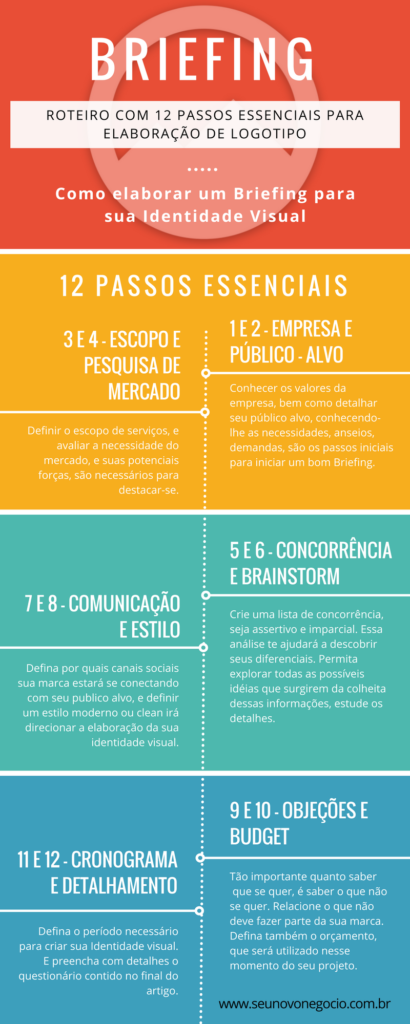
"My phone is only good for telling the time," says Erickson, founder of a digital conferencing company.
As a rule, his vacation lasts four days, and for the first one and a half of them, due to the lack of communication, he feels anxiety.
He often looks for places where there is a signal, considers going to the nearest hotel to connect to the Internet, albeit a slow one, and tries to get through to the office on those rare moments when mobile network access appears.
According to him, it is very difficult to give up this habit, at least at first.
"I feel like the ground is slipping from under my feet. Separation anxiety just drives me crazy," he admits.
Image copyright, Getty Images
Image caption,Many people want to spend less time online, but without a smartphone they become extremely uncomfortable
The era of anxiety
We understand that we waste a lot of time using social networks.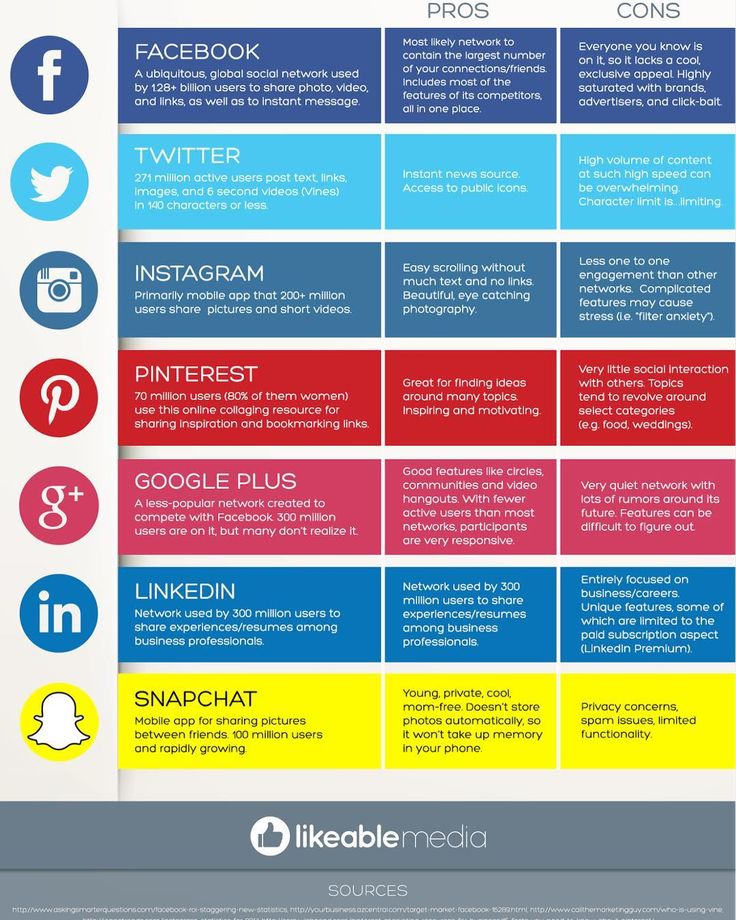 But this problem is only getting bigger.
But this problem is only getting bigger.
According to a 2016 Deloitte study, we have never been more dependent on our smartphones.
And Pew Research found that the number of active Facebook users has reached 1.86 billion people. 24% of internet users use Twitter and 29% use LinkedIn.
Moreover, Facebook claims that users of this social network spend an average of 50 minutes a day on it.
Many of us set high goals for ourselves, such as not engaging in Facebook discussions during work hours or not being distracted by our phones at the dinner table.
However, when we try to break these habits, we often feel anxious.
According to Stefan Hofmann, professor of psychology at Boston University and an expert in emotion research, abstaining from social media can make us feel anxious and have an overwhelming urge to check our account.
This can be called a digital alarm.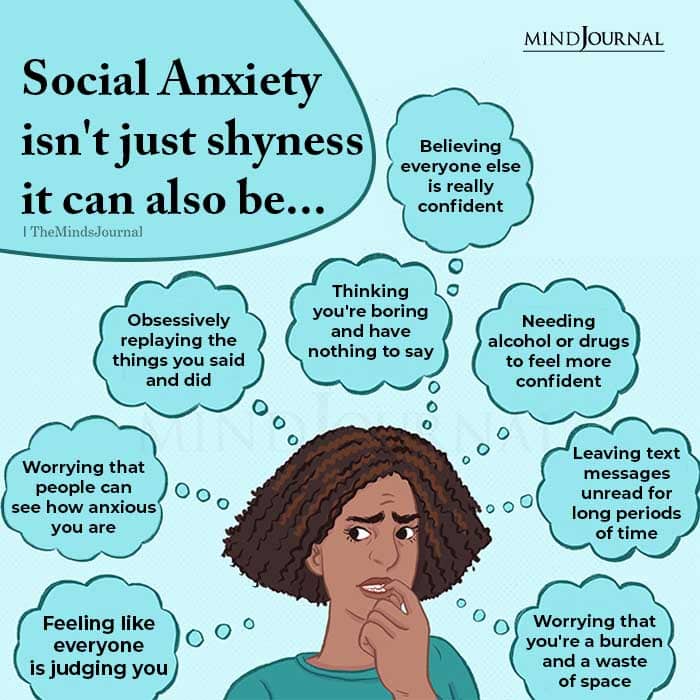 Hoffman believes that if a person experiences negative emotions about using social networks for a long time and the inability to refuse them, he can fall into a depressed state.
Hoffman believes that if a person experiences negative emotions about using social networks for a long time and the inability to refuse them, he can fall into a depressed state.
Unable to cope with our addiction, we feel unhappy and sad.
Image copyright, Getty Images
Image caption,Some people constantly feel the need to monitor possible threats or political news with their smartphones
Hoffman adds that some people become nervous about not having access to the network on their smartphones because they feel the need to track possible threats or political news.
"We live in an age of anxiety," he says.
Good reasons
Many of us would like to spend less time online, but every time we put our smartphone away, we start to feel anxious.
Researchers from the Hungarian Academy of Sciences and Eötvös Lorand University in Budapest found that three-quarters of young people who lost their smartphone exhibited so-called "displaced behavior" - for example, they began to fiddle with something in their hands or scratch.
Christina Kruk, author of Joy of Missing Out, believes that digital anxiety can only be dealt with effectively if you make it clear to yourself why you want to change your online behavior.
She advises finding a reason for leaving the network that matches your values in life.
For example, just remind yourself that the time you spend on social media you could spend with your family or friends.
Kruk believes that a clear understanding of the significant benefits you receive in return will help combat fears and concerns about leaving the virtual world.
"If you don't have a good reason to quit social media, no amount of willpower will help you," she says.
Image copyright, Getty Images
Image caption,Quitting social media can make you worry that you've lost something. While most likely you have lost absolutely nothing
We want to always stay in touch - for a variety of reasons.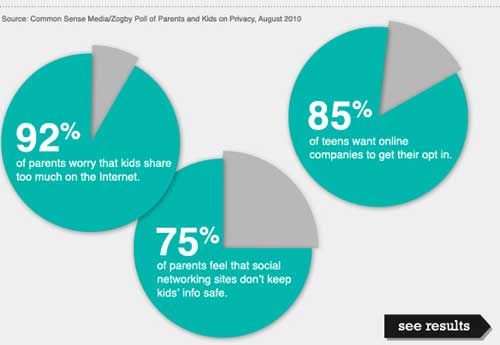 Someone is afraid that they will miss an invitation to an event or gossip about friends and acquaintances that interests them. Someone is worried about their carefully maintained online image or is forced to be active in social networks due to their work.
Someone is afraid that they will miss an invitation to an event or gossip about friends and acquaintances that interests them. Someone is worried about their carefully maintained online image or is forced to be active in social networks due to their work.
Tell yourself honestly what you are going to do on the Internet and how it will really benefit you. This may also help.
Chris Dagan, CEO of IT company Betterworks in Redwood City, California, used to use Facebook to relax between work tasks.
But he doesn't do that anymore. "It was a way for me to get distracted and get some rest," he says. Now his feed is flooded with political posts, and he feels that he is losing concentration and irritated.
Dagen says he's still interested in some publications, but admits that being on the social network no longer helps him relax.
Thanks to this, he was able to get rid of his addiction without experiencing any negative emotions about it.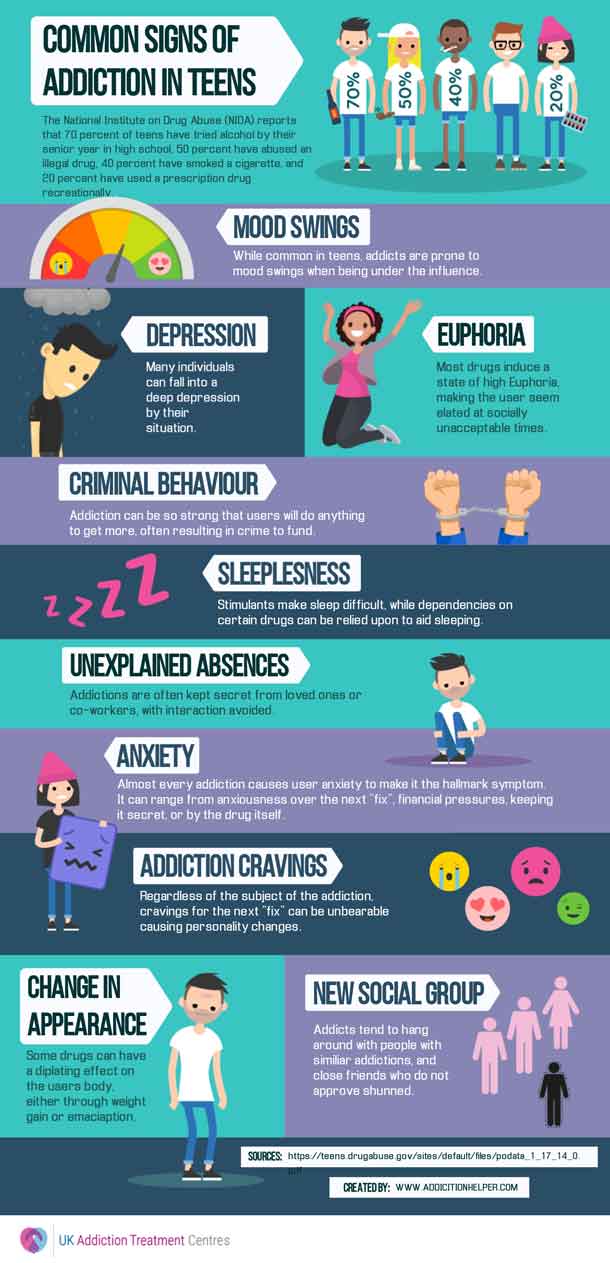
Last month, Dagan's firm conducted a survey and found that employees spend an average of two hours a day reading political news, and nearly a quarter of them spend three or more hours a day on social media.
Image copyright, Getty Images
Image caption,Someone doesn't go offline because they're afraid they'll miss an invitation to an event or gossip they're interested in about friends and acquaintances
Digital detox - yes or no
Giving up on social media can make you worry about what you've lost.
However, Kruk argues that a complete abstinence from social media, albeit for a short period, the so-called "digital detox", can help form new habits and learn to control your impulses.
"Digital detox really reduces anxiety because the game is so clear and you don't have a choice," she says.
Use special blocking functions or remove certain applications from your phone - this way you can limit your stay in social networks, while at the same time reducing the anxiety associated with it.
Since it is most difficult to give up virtual reality in the evening, Crook puts his smartphone away after 20:00.
But this is not the only solution. For those looking to spend less time on social media, Hoffman recommends the following.
First you need to think about what you are looking for in them, and then determine which aspects of social networks attract you the most in order to effectively fight your impulses in the future.
This may not be easy. According to Hoffman, social networks are designed to bring people together and save them from loneliness, but people are gradually beginning to understand that their online communication is artificial, not real.
One of the advantages of social networks is that they give us a sense of belonging, community, belonging, while eliminating the need to communicate face-to-face.
Image copyright, Getty Images
Image caption,A digital detox will help you form new habits and control your impulses
"It's just a way to find like-minded people and feel important," says Hofman.

